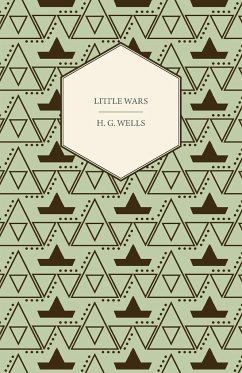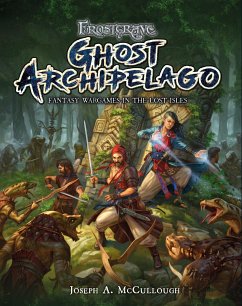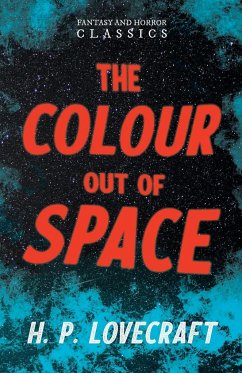
Little Wars
Versandkostenfrei!
Versandfertig in 1-2 Wochen
20,99 €
inkl. MwSt.
Weitere Ausgaben:

PAYBACK Punkte
10 °P sammeln!
This delightfully unusual book by H. G. Wells is a comprehensive guide to Little War, a game invented by Wells for "boys from twelve to one hundred and fifty years old and for that more intelligent sort of girls who like boys' games and books". A fascinating look at a bygone era, when boys were boys, and most girls (except the more intelligent ones) were girls. With a history of Little War, detailed instructions to playing it, a description of an exemplary game, extensions and amplifications to the game, and a final challenge by the author to his young readers. Many of the earliest books, part...
This delightfully unusual book by H. G. Wells is a comprehensive guide to Little War, a game invented by Wells for "boys from twelve to one hundred and fifty years old and for that more intelligent sort of girls who like boys' games and books". A fascinating look at a bygone era, when boys were boys, and most girls (except the more intelligent ones) were girls. With a history of Little War, detailed instructions to playing it, a description of an exemplary game, extensions and amplifications to the game, and a final challenge by the author to his young readers. Many of the earliest books, particularly those dating back to the 1900s and before, are now extremely scarce and increasingly expensive. We are republishing these classic works in affordable, high quality, modern editions, using the original text and artwork.













